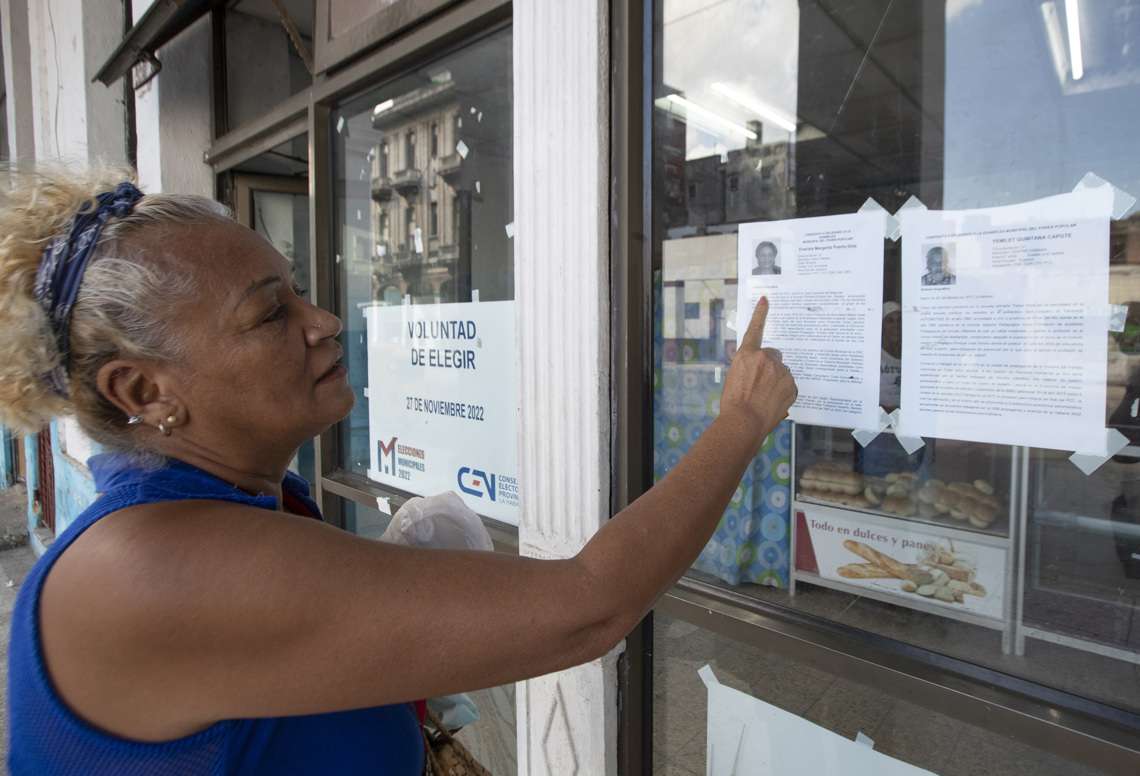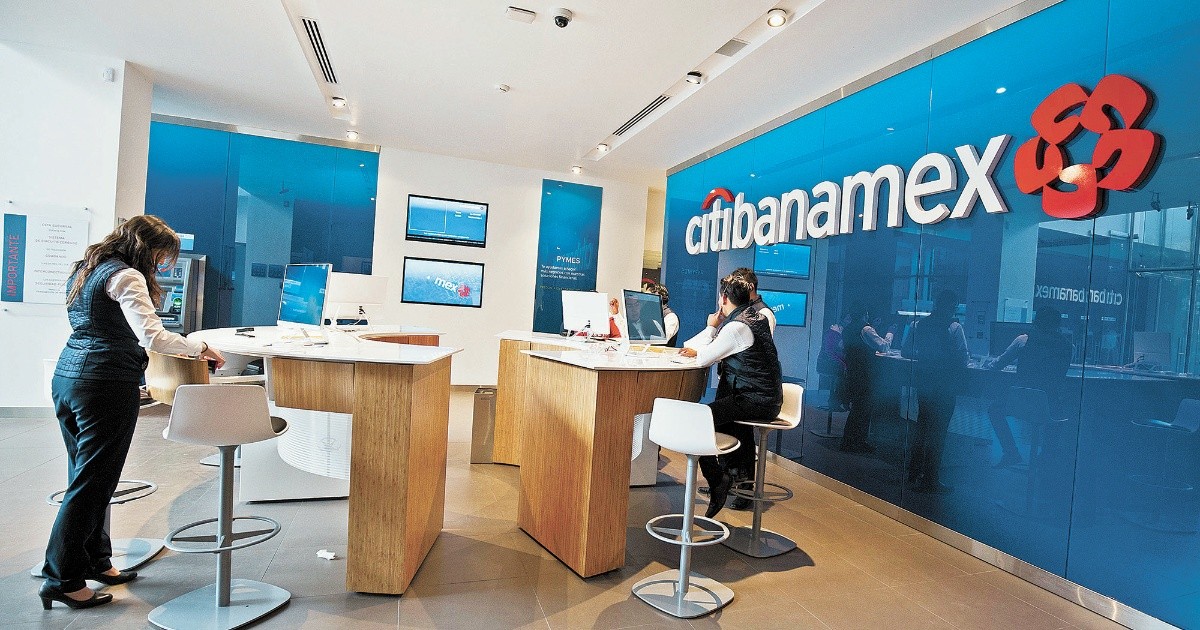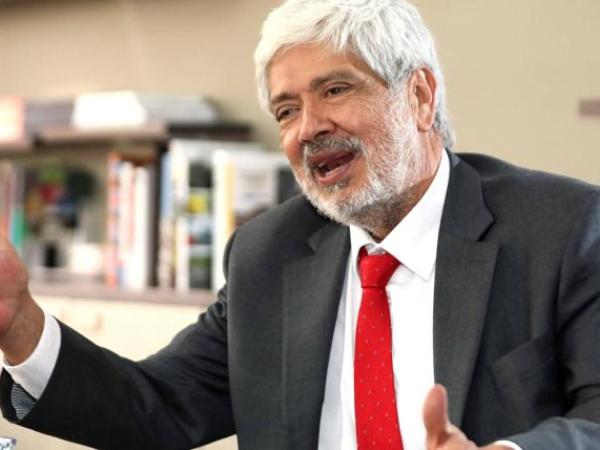The National Electoral Council (CEN) of Cuba declared this Wednesday that the country is “ready” for the local elections on November 27, according to press reports.
More than eight million people are called to participate in these votes, in which the base or constituency delegates will be elected throughout the Island.
“The country is ready to develop this democratic voting exercise that will lead us to elect the representatives of their communities and constituency,” said the president of the CEN, Alina Balseiro Gutiérrez, during an appearance on state television.
The island’s highest electoral authority said that “it is a strength that three days after the dynamic test was carried out (last Sunday, to verify the preparations) that the country is ready to carry out this exercise,” says an agency report. EFE.
“Privacy and conditions are created” to face next Sunday the electoral act called to elect the 12,427 municipal delegates among the 26,746 who were nominated by the residents of their constituencies, said Balseiro Gutiérrez, who was accompanied by other officials from the entity Cuban electoral.
The electoral authorities of Cuba recalled that they vote “for only one of the candidates” proposed, who can have a minimum of two and a maximum of eight in each constituency.
In addition, they specified that a second round will be held on December 4 in those constituencies in which none of the candidates obtained more than half of the valid votes.
In this electoral process it is not allowed to campaign and the nominations come from neighborhood assemblies. The biographies of the nominees are posted in public places so that they can be consulted by the voters of each community.
According to the Cuban Constitution, the delegates make up the administrative level closest to the citizen and their function is similar to that of the neighborhood councillors, points out EFE.
With this vote, Cuba begins an electoral cycle that will culminate in 2023 with the elections for the National Assembly of Popular Power (ANPP), the island’s legislative body that will have to designate the next president of the country, a position to which he can run for a second term. the current president, Miguel Díaz-Canel, recalls the Spanish agency.
Previously, this year the vote of the referendum on the Family Codein which the norm was approved with 66.85% of the valid votes, while 33.15% rejected it.
EFE / OnCuba






